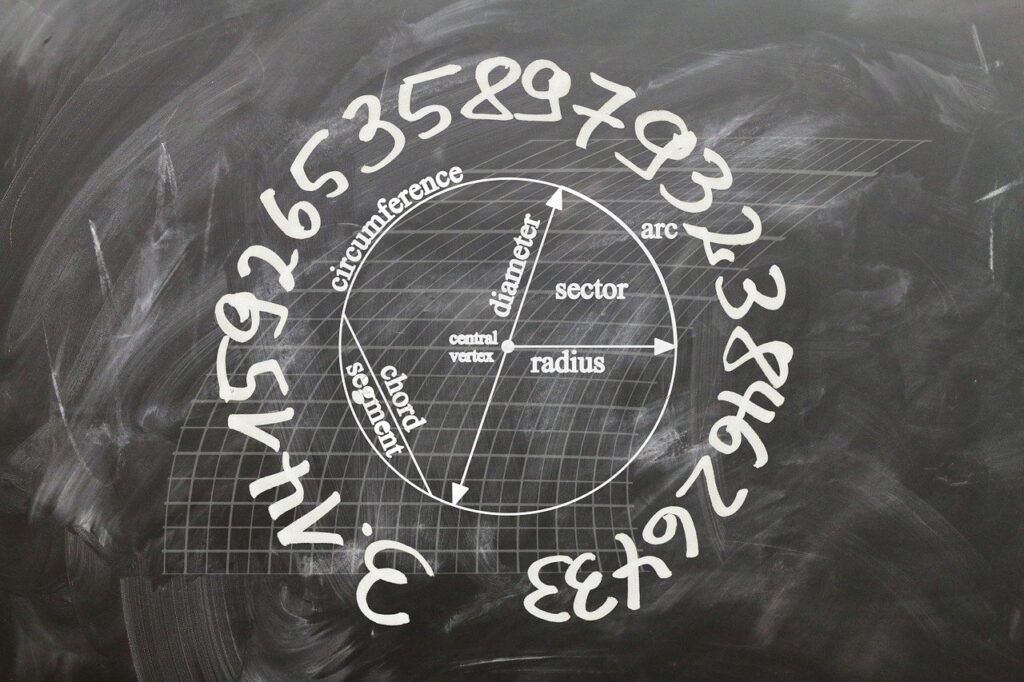Randomness as a Key to Solve
This idea of randomness being a key to solve is so counterintuitive to humans.
We associate randomness with chaos, entropy, disorder, volatility. Our brains crave patterns and predictability — we build routines, models, and narratives to shield ourselves from uncertainty. Certainty comforts us. Randomness feels like a threat.
Yet, what if this repulsion blinds us to something deeper?
What if randomness isn’t just noise — but signal in disguise? What if randomness, instead of being the enemy of clarity, is a secret ally to insight?
Consider stochastic resonance — a phenomenon where adding noise to a weak signal can actually enhance its detection. It defies intuition. You’d think more noise would bury the signal. But under the right conditions, that noise can amplify the system’s sensitivity.
Now zoom out from physics to life.
In problem-solving: Sometimes you’re stuck, unable to find a solution because you’re repeating the same mental loops. Adding randomness — exploring unrelated ideas, taking a walk, talking to a stranger — introduces noise that helps the brain jump out of a local minimum. Like simulated annealing in AI, randomness shakes the system just enough to escape suboptimal solutions.
In creativity: Artists often find breakthroughs through accidents. A misplaced brush stroke, a random prompt, a misheard phrase — these moments nudge them toward something they couldn’t have planned.
In investing: A rigid strategy might outperform in one regime, but randomness — diversification, optionality, antifragile positioning — is what keeps you alive through different market climates. The best investors don’t eliminate randomness, they build around it.
Injecting Randomness.
Lets go from the philosophical to the practical, we now routine maxxes out efficiency, lowers cognitive load of decision making, and i’m not against it, lets just think how could we inject a bit of this randomness or controlled chaos, into our life to allow more serendipity.
Think of:
Toss a coin to decide outcomes, want to get next level, randomize the outcomes, don’t choose them yourself.
Read one paragraph from a book you’ve never finished.
Set a timer for a random time within 2 hours — when it goes off, do something fun or weird immediately
Do your usual routine in reverse ←
So why do we resist it?
Because randomness makes us feel out of control.
And we don’t like that.
Routines and habits build strong inertia — comforting, but hard to break. That’s why making a habit of randomness might be the only true anti-habit that exists. A deliberate pattern interrupter.
But here’s the twist: control is often an illusion.
And randomness, when used well, isn’t chaos, it’s fuel.
It’s not noise. It’s the catalyst that helps weak signals break through.
It’s what turns stuck into flow.

